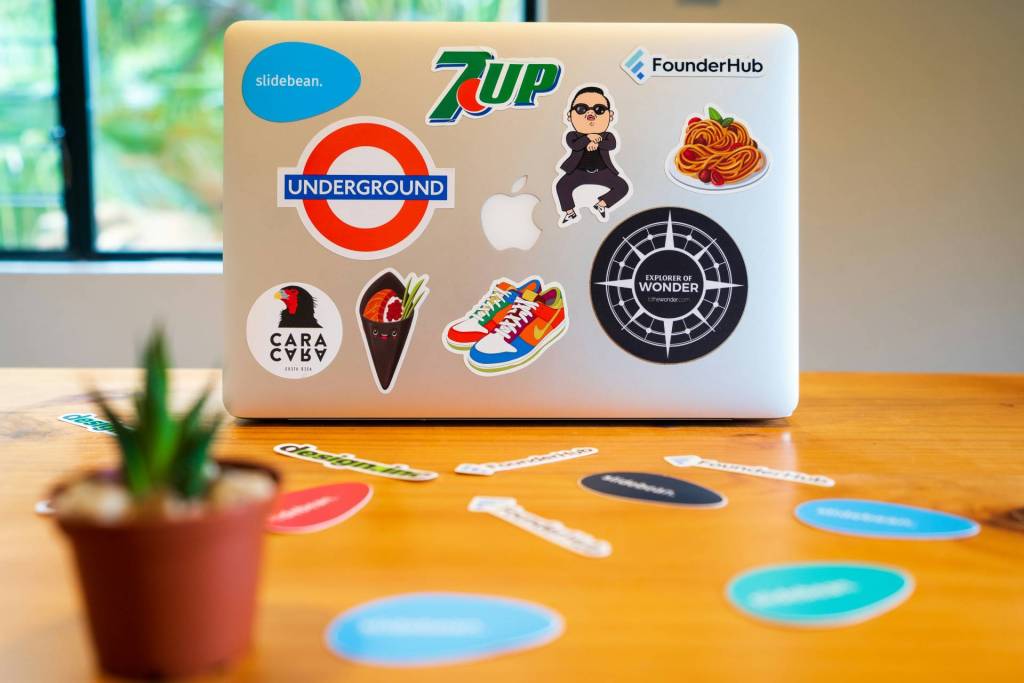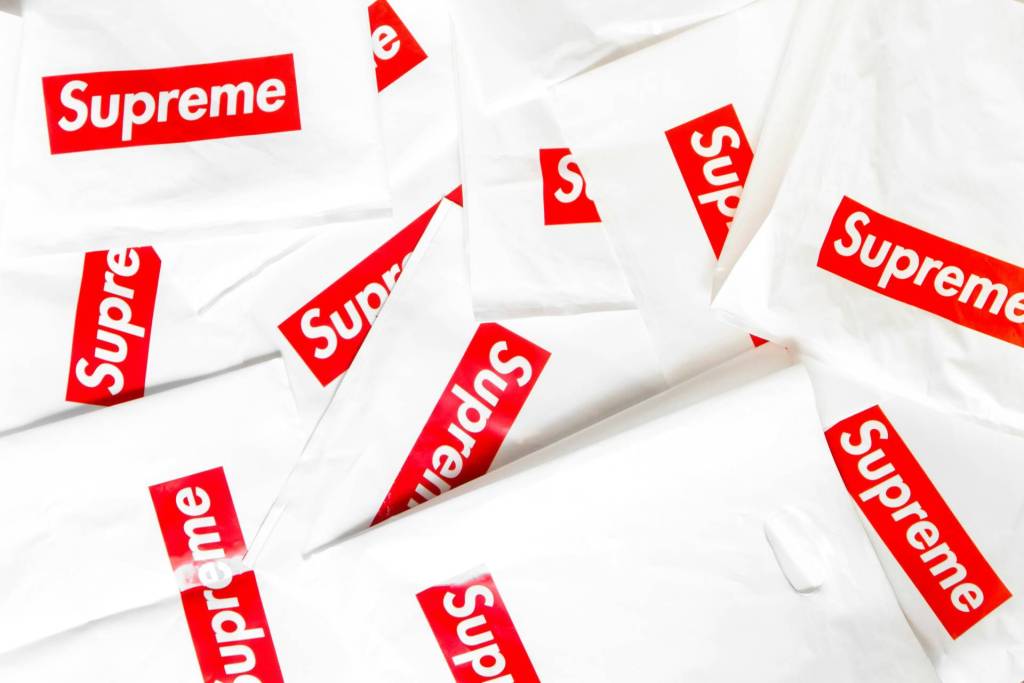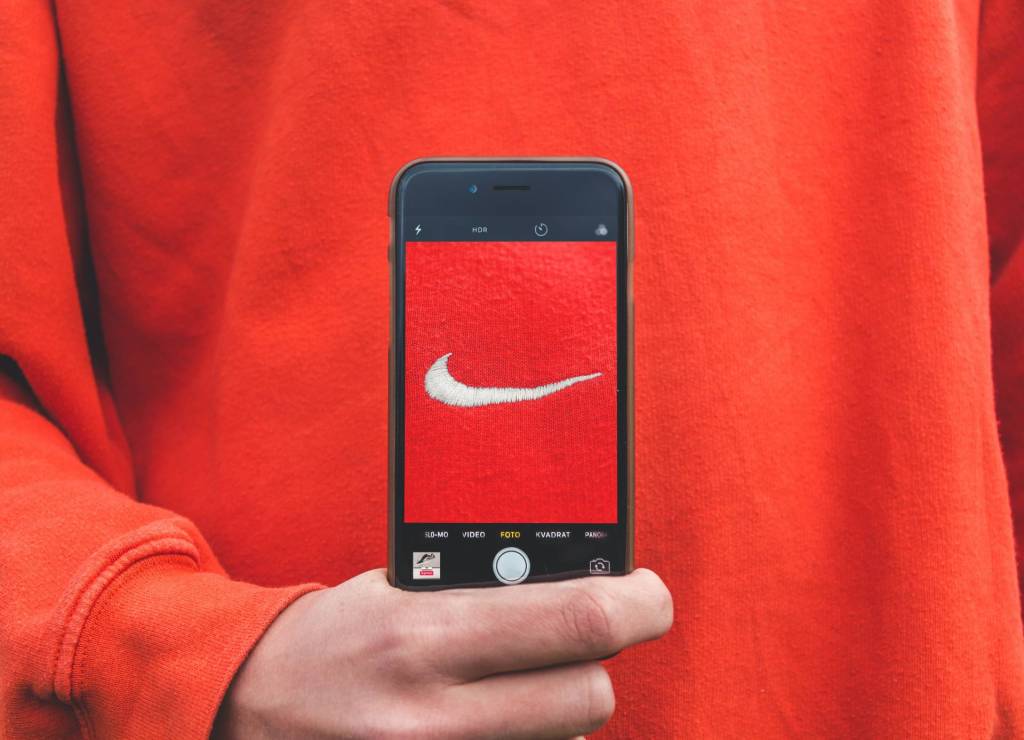Last Monday, I wrote about how Twitter isn’t a marketing platform anymore and suddenly the web was buzzing. I’ve been blogging since 2006 and I’ve never seen this strong of reaction on my own blog. There were over one hundred comments, seven hundred retweets, and two hundred shares on Facebook. I’ve never felt very controversial, so I didn’t push that post in order to get attention, but now since I have your attention, today I’m going to tackle Facebook as a marketing platform.
Note: What I failed to mention in my last post is that these posts aren’t geared to mega brands (i.e. Lady Gaga or Coca Cola). They’re for the average professional, whose trying to grow their business by using social media tools.
Facebook used to be an amazing marketing platform when the news feed was the only feed available to users. I remember updating my status and receiving a lot of comments from people I’ve met or interacted with all throughout my life. But just like Tivo and Caller ID, Facebook created it’s only filtering system, dividing your status updates into two streams: Top News and Most Recent. Although these names have changed over the past year, their purposes have remained consistent with the Facebook platform. The Most Recent feed consists of content from all of your Facebook friends, while the Top News feed is more selective based on an algorithm. When you login to Facebook in the morning, the default feed is Top News. Most of your content will never even be seen by your friends on Facebook, and we’ve also been enabled to “hide” updates from select friends, which is similar to “unfollow” on Twitter.
My thesis is that Facebook is no longer a suitable marketing platform for your business if you’re looking to convert “friends” into money. Just like Twitter, your message is not viewed by as many people as you’d think, and although the commitment to being a Facebook friend is greater than a Twitter follower, it’s still not strong enough of a bond to yield monetary value.
Facebook is no longer a viable marketing platform.
I’m saying this as a heavy user of Facebook since my University was the 16th school to be signed up back in 2005. I have a maxed out Facebook profile, have a Facebook page for Personal Branding, for Personal Branding Magazine, for Me 2.0, for the Student Branding Blog, and I just launched a page for myself.
The logic
There is a reason why the value of a Facebook friend is $3.50 versus the value of an email contact, which is $948. I guarantee that most of your Facebook friends are either not your friends or haven’t spoken to you in at least two years. Now, I do like Facebook because it allows you to fulfill the “reconnect” rule of relationship building that I’ve discussed previously on the blog. When I say “marketing platform,” I mean that your friends/list become potential buyers, affiliates, partners, etc.
The News Feed algorithm has made it very challenging for marketers. Here is what distinguishes posts that appear in the “Top News” section of your feed:
The News Feed algorithm bases this on a few factors: how many friends are commenting on a certain piece of content, who posted the content, and what type of content it is (e.g. photo, video, or status update). (source: Facebook.com)
Remember that this algorithm is the same for profiles and pages.
What happens to your status updates?
- You update your Facebook status.
- Depending on your previous status updates, the number of comments that you’ve received, which of your friends commented, and if the content is a video or is in standard text, it will be viewed by those users in their Top Stories feed. Otherwise it will be in “Most Recent” with all of the other clutter, which in some cases could be hundreds of updates depending on the amount of friends they have.
- If one friend comments on your status update, that comment goes into their friends’ “Most Recent” feed unless their friends also commented on the same story. This is not the viral effect that you would think because there is generally a lack of visibility with a second degree contact.
- If no one else sees the status update, then it’s out of sight and out of mind.
Like Twitter, as Facebook users acquire more and more friends, and “like” pages (which is occurring at an exponential rate), your message get’s lost. Over 100,000 websites have integrated the Facebook “like” button, which has encourages more “liking” and as a result, more clutter!
Key point: It’s not about how many friends and fans you have on Facebook, but rather how much they evangelize your page and use it as a destination.
The facts
As Facebook acquires more users, and your network grows, it will always be harder to make your updates appear in the Top News section. If your updates don’t get into that section, they will get lost. Most Facebook users don’t evangelize product or band pages, so you really won’t get as much mileage on them anyways. This is the reason why most pages don’t have a lot of “fans,” and why Facebook launched the “like” button to encourage friending!
- ~500 million registered users (AllFacebook.com)
- 59% of US Facebook Users DON’T Promote Product Fan Pages (AllFacebook.com)
- 60% of People DON’T “Friend” Brands on Facebook (ReadWriteWeb.com)
- 175 Million Users Per Day Log Into Facebook (MarketingPilgrim.com)
- 77 % of Facebook Fan Pages Have Under 1,000 Fans (TechCrunch.com)
You can’t trust Facebook
In a previous post, I gave you some reason why you can’t trust social networks. I was very serious when I wrote that piece. There is no free lunch. We’ve traded our data for the right to use Facebook, which is a non-monetary cost that we still incur. Yesterday, I read a very critical, and short, post by Robert Scoble that linked to this post by Leo Laporte:
Leo Laporte: “Texas radio station, KNOI Real Talk 99.7 was banned from Facebook for talking about privacy issues and linking to my show and Diaspora. http://knoifm.com/news/1569-facebookdisablesknoi.html” (Robert Scoble’s blog)
As you can see, if you invest in Facebook as a marketing platform, all of your hard work might be wasted one day when they shut your page down.
The real applications
Instead of using Facebook as a marketing platform, try these applications:
- Customer support: Answer user questions by responding to updates on your page’s wall, and then check back to see if they’ve continued the conversation. This is one of the main benefits of Facebook because conversations are grouped together.
- Brand awareness: 50% of Facebook users login every day, which means that your brand can be viewed by a lot of users each day, and if people support you, your brand can travel far without advertising.
- Job searching: Facebook has it’s own marketplace, unlike Twitter, where you can view current job openings in your network. Sadly, not enough people use this feature though.
- Networking: If you’re looking to connect with your audience, there’s a safe bet that they’re on Facebook.
- Creating buzz: A lot of brands have succeeded in capturing a lot of followers due to holding contests on their Facebook page. “If you like this page, you’ll receive a pizza.”
- Recruitment: Facebook’s massive global talent pool makes it attractive for recruiters, and Facebook is already being used for candidate background checks.
- Researching: You can learn a lot about your target market through reviewing employee updates and if you’re in sales, it can help you connect to the decision maker.
- Philanthropy: If you want to partner with a charity and raise money, then Facebook fan pages can support your efforts.
As you can see, Facebook isn’t a great marketing platform. I’m not sure why advertisers are promoting their Facebook and Twitter pages instead of their websites. It would be much wiser to invest in a blog as a landing page instead of using a platform, that you can’t trust, and that doesn’t yield monetary results. Recently, Facebook tried to take down the custom tab feature from pages without asking page administrators first. They reverted back once they received a backlash, but the point is that you don’t know what they are going to pull in the future. It’s better to invest in your website than someone else’s!
Your turn
Have you been using Facebook as a marketing platform? What results have you gotten?












